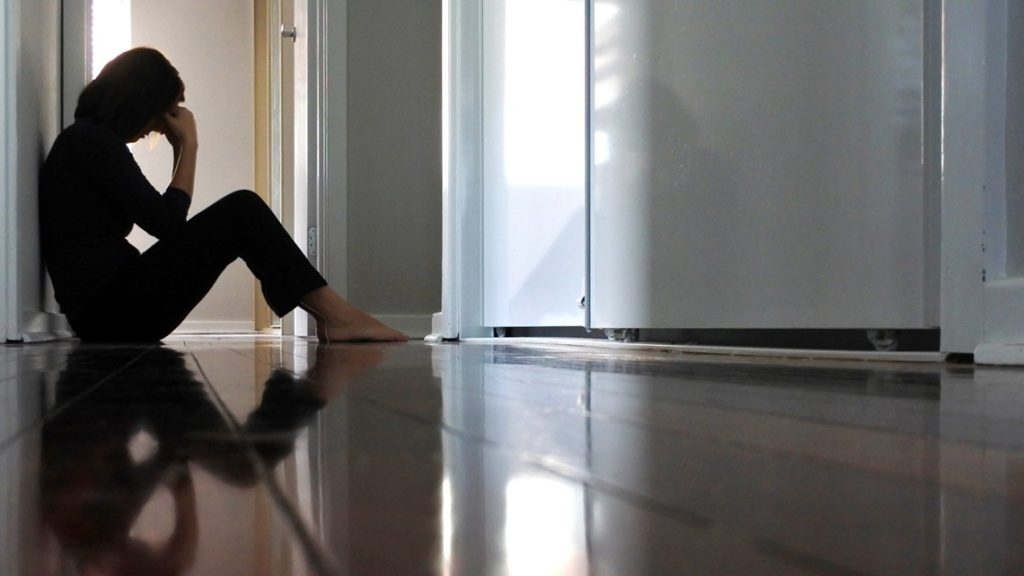Seasonal Affective Disorder – or SAD – can make a person feel like they have no energy.
The dark days of winter are here and for many that means an extended feeling of depression.
Psychologists say that’s not unusual this time of year, especially since many of us are dealing with a rough year due to the pandemic.
“Right now we’re probably seeing worse incidence rates and an increase in depression in general,” said Dr. Aimee Drescher with Mercy Health. “Based on what’s happening in our world with COVID.”
Much of that can be attributed to seasonal affective disorder – or SAD – a type of depression related to changes in seasons.
Its symptoms are prevalent in the fall and winter, sapping a person’s energy and making them feel moody, especially for those around the age of 18 to 30.
With older adults, a lot of what is connected to depression begins with health issues.
Dr. Drescher says some people have symptoms of depression year round, but it’s this time of year that they really begin to show.
“You can see depression in children and young adults as well as in our middle aged and older population and it does affect different age groups differently,” said Dr. Drescher.
So here’s what you should be on the lookout for if you suspect a loved one is suffering from winter depression: appetite changes, weight gain, low energy, or sleeping troubles.
Some people even begin to lose interest in activities they once enjoyed. Others begin having feelings of hopelessness, worthlessness, or frequent thoughts of death or suicide.
Kids and teens tend to get hit hard and are beginning to feel down because the pandemic is keeping them from social activities and close relationships they need for healthy social growth.
Psychologists stress just don’t confuse increased feelings of depression with normal sadness due to everyday difficulties.
To help, many people find increased exercise to be a great mood lifter. Doctors suggest talking to a friend, or focusing on the things you enjoy.
And we know it’s hard to come by in this part of the country during winter, but sunlight can do wonders.
Dr. Drescher says, “Vitamin D really does help improve our mood, and so if there is a day where you know the sun is coming out, get out there and get some of that.”
If you feel a loved one needs immediate help, you can always call Ohio’s free counselor hotline 1-800-720-9616 at any time to speak with counselors.
